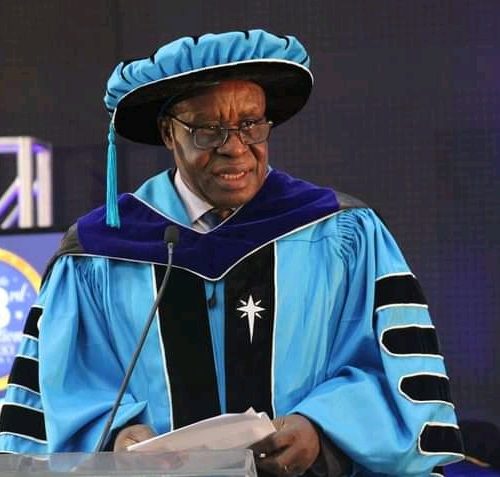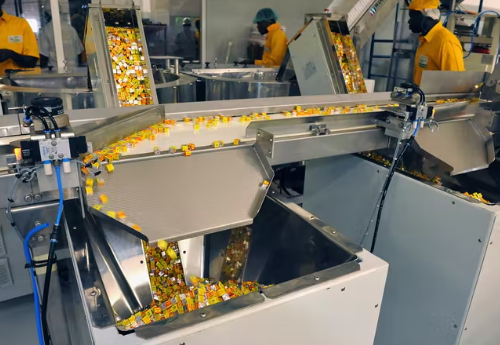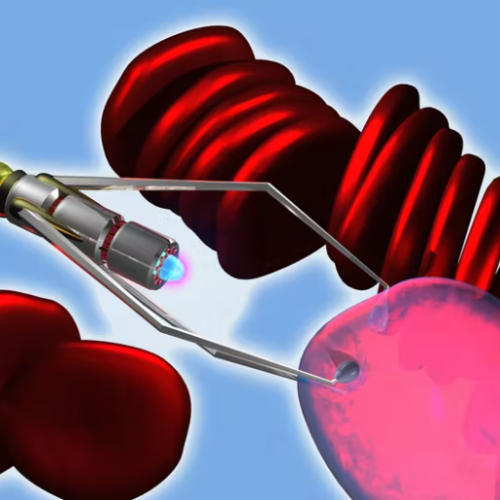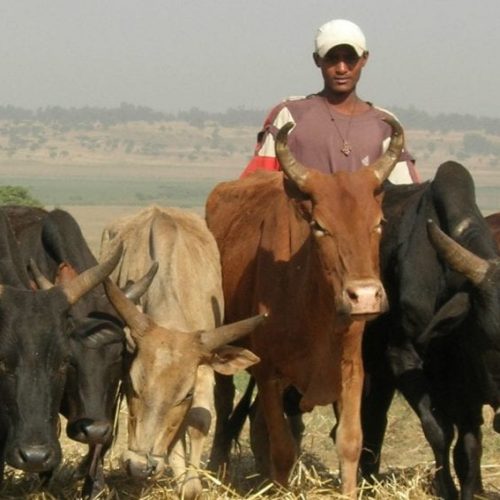Prof Laban Ayiro
African scholars and intellectuals must also step up to be counted. Why would I as an African professor use professor Cresswell's book to teach research methodology when I am a professor like him? I have been in leadership for a long time, why can't I produce knowledge on leadership without constantly referring to scholars like Maxwell?
Some African scholars are beginning to stand up and produce knowledge that will help our continent. I have just published a book on insights into institutional leadership that was to be launched in the presence of His Excellency the President but unfortunately he was out of the country. The cabinet secretary for public service came in his place and we were honored. I am following that book up with another one next week on functional research methods.
Why Import Restrictions Aren’t Enough to Help Nigeria Industrialise
Nigeria has a strong ambition to industrialise. It has relied heavily on the restriction of imports of certain goods targeted for domestic production. But for Nigeria’s industrialisation drive to succeed, it needs a broader array of industrial policy tools than simply import restrictions.
These tools should include addressing binding constraints in different sectors to raise productivity. And addressing the flaws in the design and implementation of industrial policies.
Nanotechnology Has Much To Offer Nigeria But Research Needs Support
Nanotechnology is one of the engines of the fourth industrial revolution. The global market of nanotechnology-enabled products stood at approximately US$1.6 trillion in 2014. In one estimate, the industry could generate 6 million jobs and account for 10% of global GDP by 2030.
Nanotechnology creates, uses and studies materials at nanoscale - one nanometre is a billionth of a metre. Some of these materials occur in nature. DNA, proteins and viruses are examples. Others can be created by slicing larger molecules into smaller ones or by building up atoms into nanoparticles.
Farmer-herdsmen Conflicts Linked to Climate Change
When livestock quantities exceed the capacity of available land and water, migration to other places is unavoidable and this will lead to conflict between immigrants and residents. Constant conflict over land and water resources between herdsmen and farmers will have negative effects on food production and animal yield if there is no government intervention.



